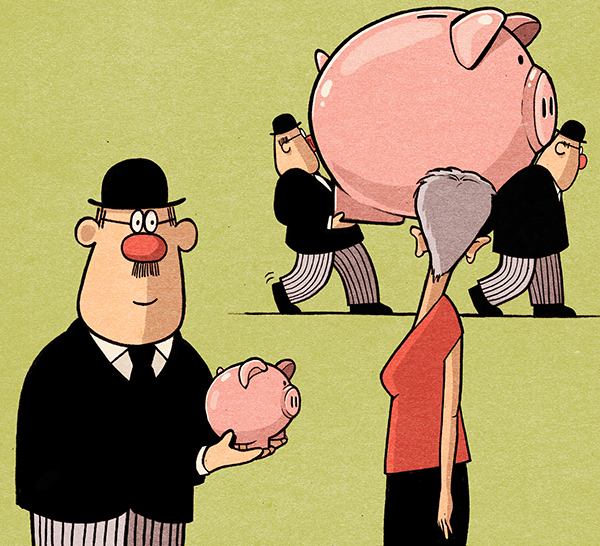Taxing times
Editorial: The industry’s responses to the government consultation on a lower money purchase annual allowance are set to be almost entirely negative.
The industry’s responses to the government consultation on a lower money purchase annual allowance are set to be almost entirely negative.
Of course that might be partly because few would gain from such a change apart from the Treasury. But there do seem to be genuine fears that introducing a threshold of £4,000 for new pension savings once a pot has been accessed could do more harm than good (click here for more on this).
The industry is primarily taking issue with the perceived lack of data to back up the idea that people recycle money through their pension, thus profiting from tax relief more than once. The move is seen by many as confirmation that there is a continued push within the Treasury to cut down on tax relief for pension saving.
Efforts to reduce pensions tax breaks are of course not just a recent occurrence; it seems for some in the Treasury the short-term lure of extra tax take is decidedly stronger than the long-term fear of putting people off saving for retirement.
But government departments did not always follow that line. According to Trinity Mirror Pension Plan trustee chair Laurie Edmans, in the late 1990s the idea of ‘pension simplification’ showed an unexpected change in attitude within HM Revenue & Customs.
He said a tax official told him the view that had historically been taken in HMRC was that there was too much pension saving getting too much tax relief.
“But, he went on, the real problem facing the country was that there was not enough pension saving. I could have fallen over,” said Edmans, clearly taken by surprise by this profound change in the taxman’s outlook.
Pension simplification did not stay true to its name however, and the introduction of a lifetime limit on pension saving reinforced the need for advice for those on higher incomes.
Lowering the MPAA from the current £10,000 to less than half that could have a similar effect on those trying to rebuild their pots; it would likely confuse people, who would then either have to ask for advice or – to be on the safe side – might end up not putting any money back into their pension even if they could.
Sandra Wolf is editor at Pensions Expert. You can follow her on Twitter @SandraCWK and the team @pensions_expert.


